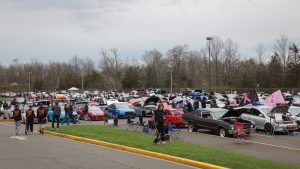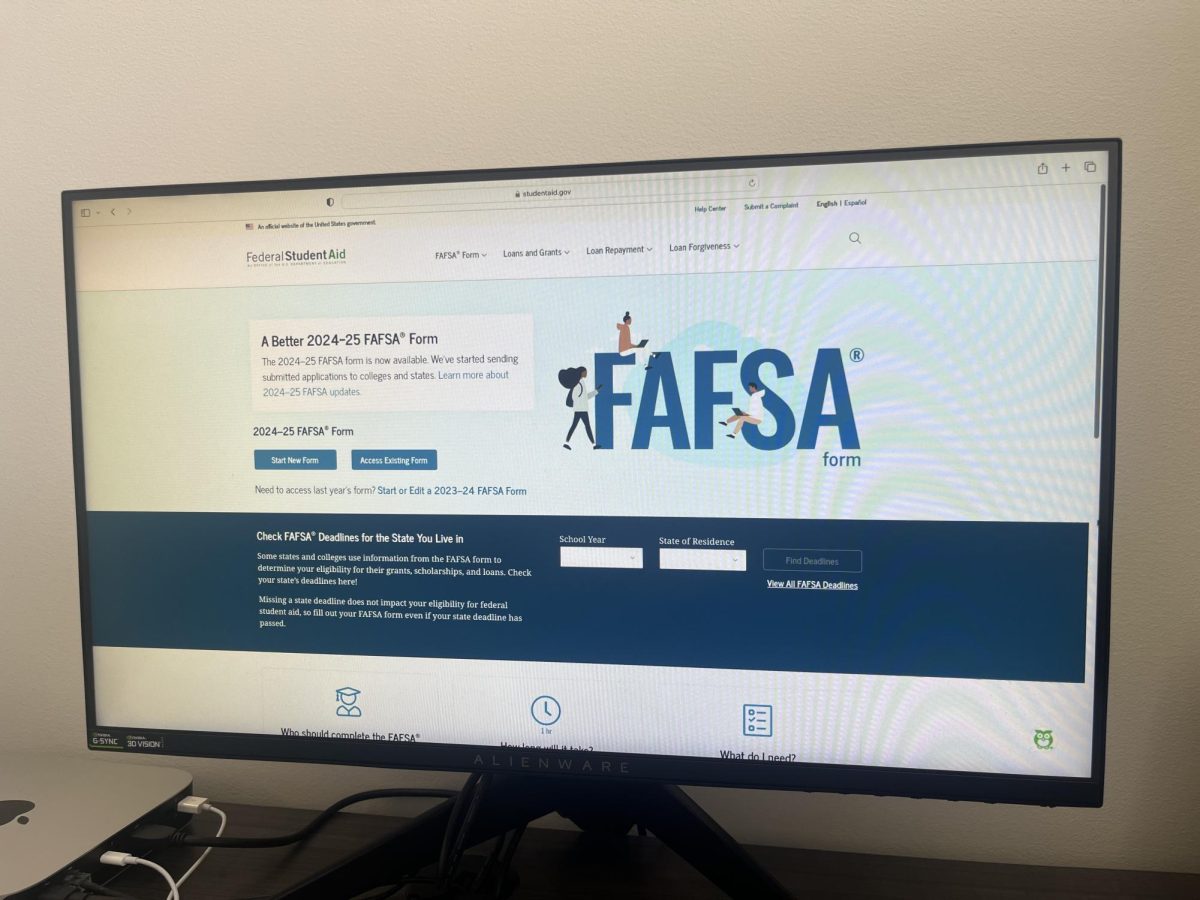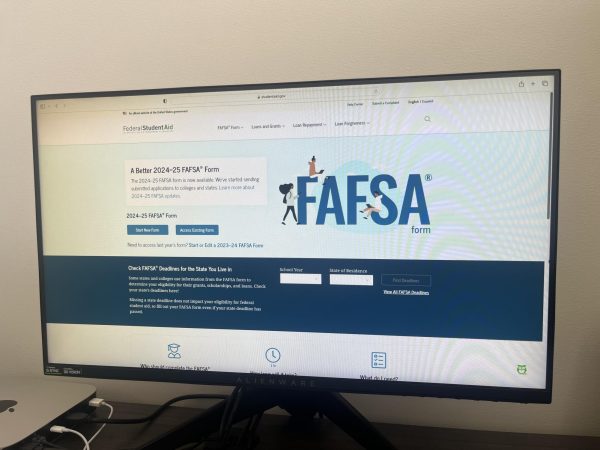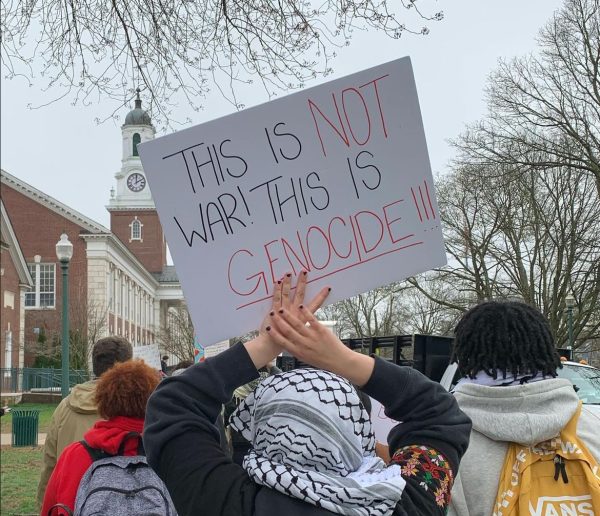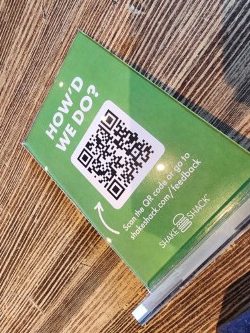From A Revolutionary To Serving CCSU Pizza
Antonio Largaespada poses in Central Connecticut’s Devil’s Den. Largaespada survived the Nicaraguan Revolution.
October 31, 2018
Antonio Largaespada has been working at Central Connecticut for close to 23 years. While known by most students for serving slices of pizza in Devil’s Den, Largaespada has a story to tell — a story about what it was like growing up during the Nicaraguan Revolution.
Largaespada was born in 1960 into a family of 12 siblings with five brothers and seven sisters. His father was a farmer in a camp, and Largaespada still recalls only being able to eat the food produced from the camp and his limited upbringing.
“We didn’t have a sufficient-enough education. After the sixth grade, we had to stop learning,” Largaespada said. “The situation in the country was bad. When I was old enough, we were given the choice to fight alongside the government or the [oppositional] Sandinistas. I picked the Sandinistas.”
When Largaespada and his siblings became adults, his father moved them to the city to attain an education. However, it was difficult, Largaespada said, for his father to adjust to the new lifestyle.
“[My father] knew almost nothing when it came to the city. It was hard for him,” Largaespada stated.
As Largaespada’s father lacked the knowledge in business, which the city specialized in, it was hard for his children to finish their education in Nicaragua. Even with his father’s best efforts, Largaespada and his family were unable to do what they wanted in the city.
“After the war, we had to immigrate because of the economy. There weren’t any jobs left [in Nicaragua],” Largaespada elaborated.
“I was an illegal immigrant [when I came to America]. I had no papers and very little family. I had no resources when I came [to the United States],” Largaespada went on. “I didn’t know any English and I was trying to just find a job. I was lucky to find work in a restaurant where the employees knew Spanish.”
Largaespada also remembered a story where he attempted to talk to a man whose name tag said José, but the man knew close to nothing in Spanish. Largaespada suggested that he change his name to Joseph so that he wouldn’t mislead people, and the man became angry and stormed off in a huff.
After a few years, Largaespada became an American citizen. He is a father to three daughters and explained that his family is the most important aspect of his life. He considers himself, first and foremost, a family man.
“My family, I would do anything to support them,” Largaespada said.



